About this place
Rossiter Bay was named by explorer Edward John Eyre after the Captain of a whaling vessel who came to his aid. In June 1841, suffering from a near-disastrous crossing of the Nullarbor, Eyre’s exhausted party had been heading for Thistle Cove where Captain Matthew Flinders had previously recorded freshwater. Eyre was relieved to find Rossiter’s ship, the Mississippi, anchored in the bay. Rossiter and his crew assisted Eyre and his Aboriginal companion Wylie so that they were able to recuperate and continue their overland journey to Albany.
Launching boats at Rossiter Bay is not recommended. Be aware that these beaches are notoriously treacherous for vehicles and it is easy to become bogged in the most innocent looking wet or dry sand. Ask the ranger about surface conditions and tides.
Safety information
Plan when to visit. Consider travelling with a personal location beacon (PLB). In the event you need to be rescued it could save your life!
The Department of Biodiversity, Conservation and Attractions undertakes 1080 baiting at this location to reduce the impacts of feral cats and foxes on native wildlife.
Meat baits containing 1080 poison are laid in or around this area on an ongoing basis. 1080 is poisonous to humans and will kill domestic cats and dogs. Pets are not permitted in this park.
For further information contact your local Parks and Wildlife Service office or visit Western Shield.
Gallery
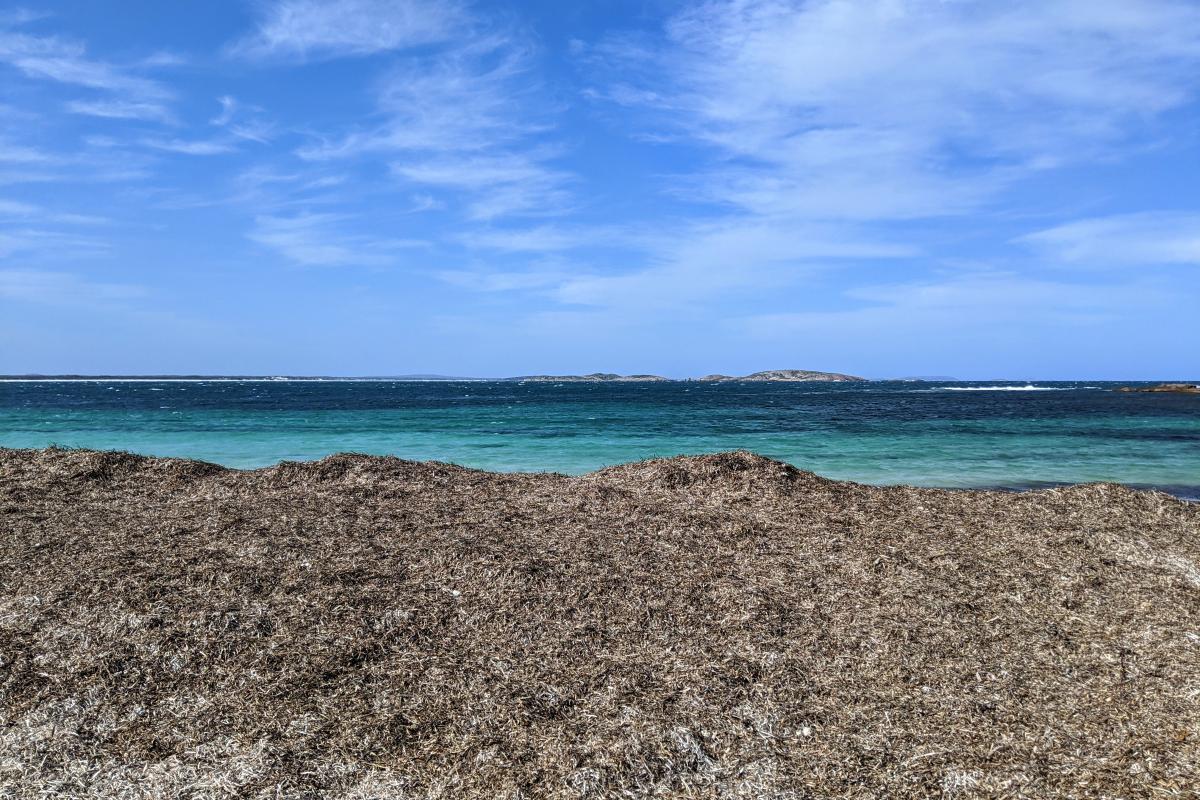
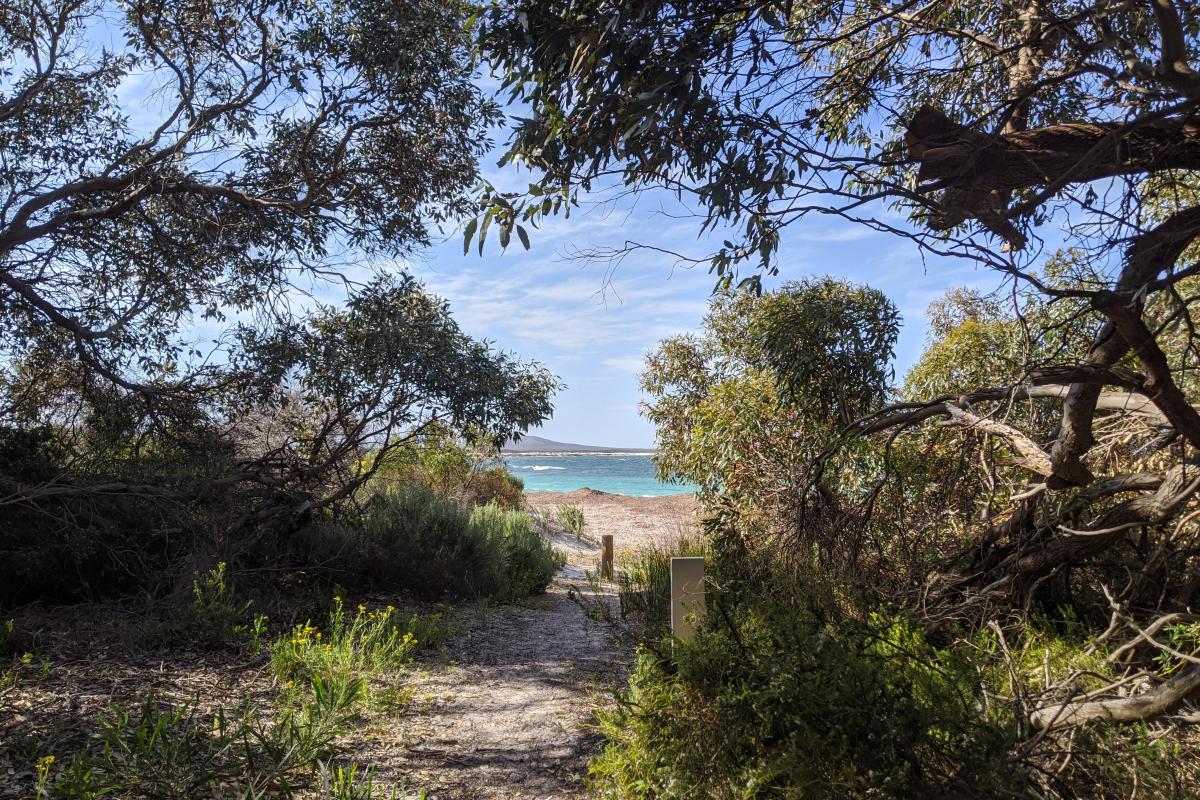
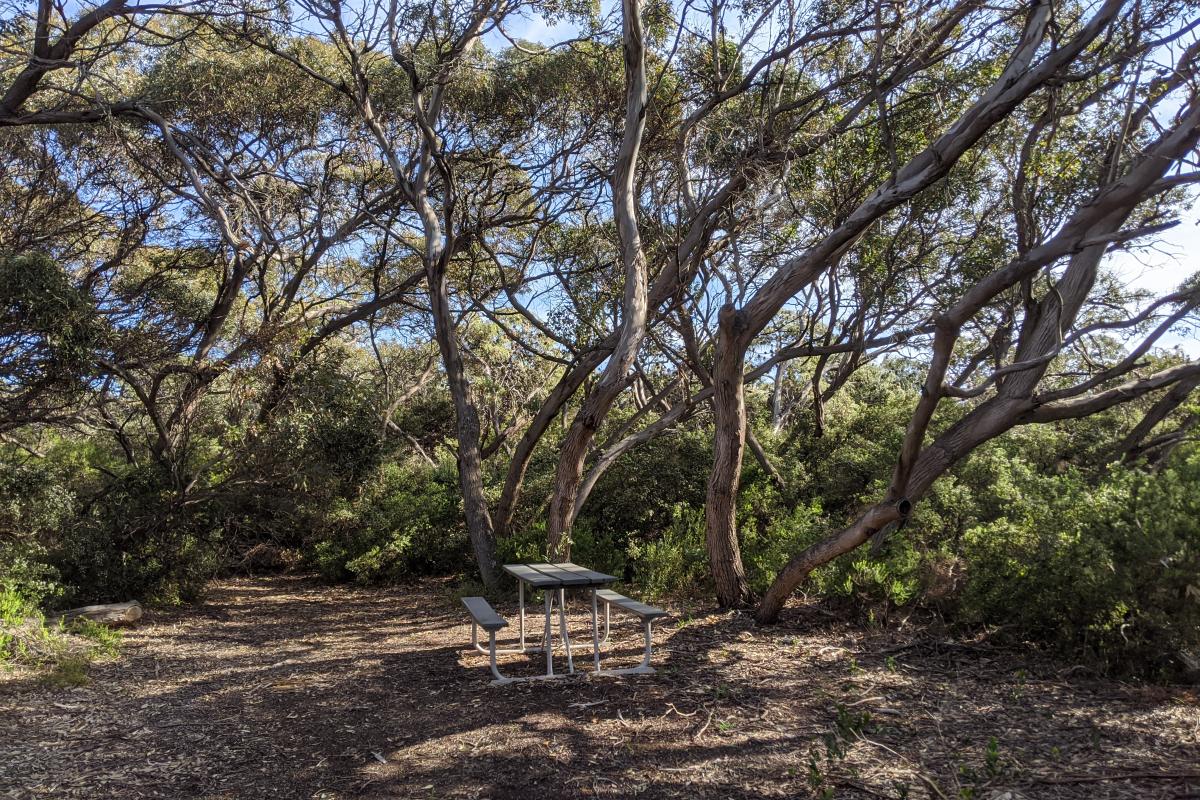
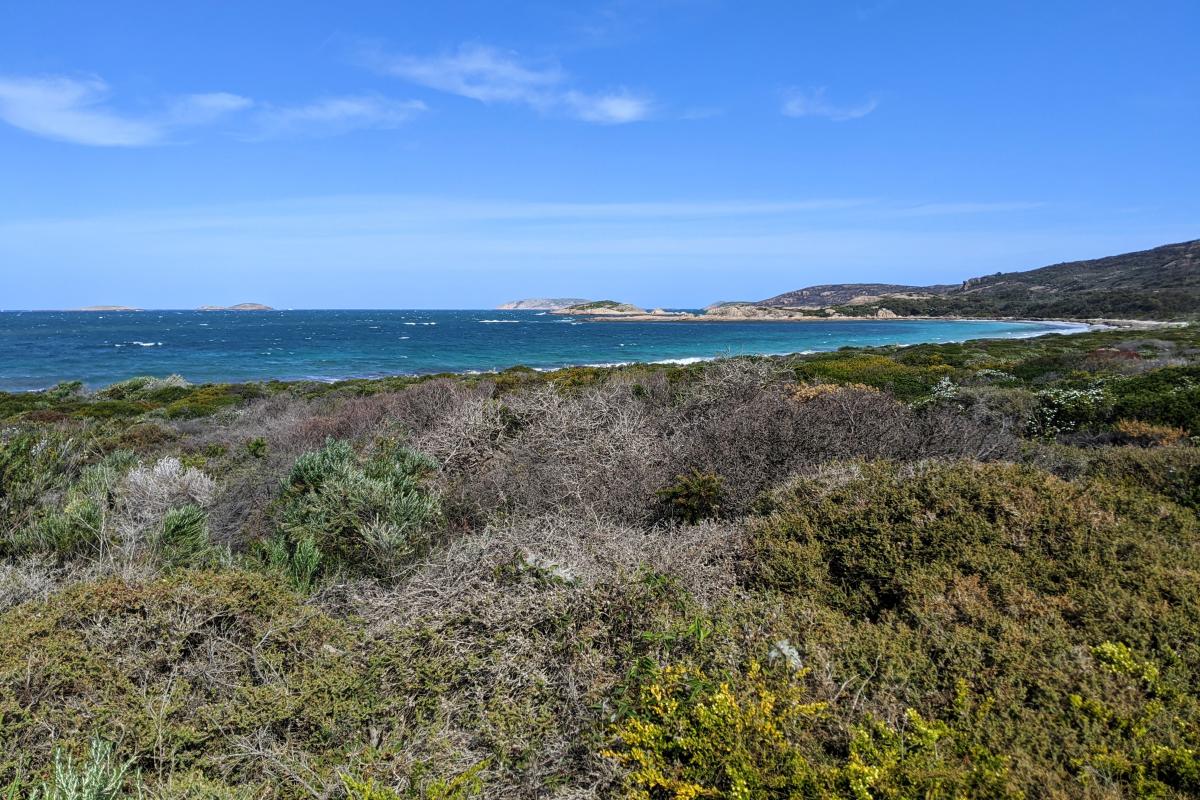
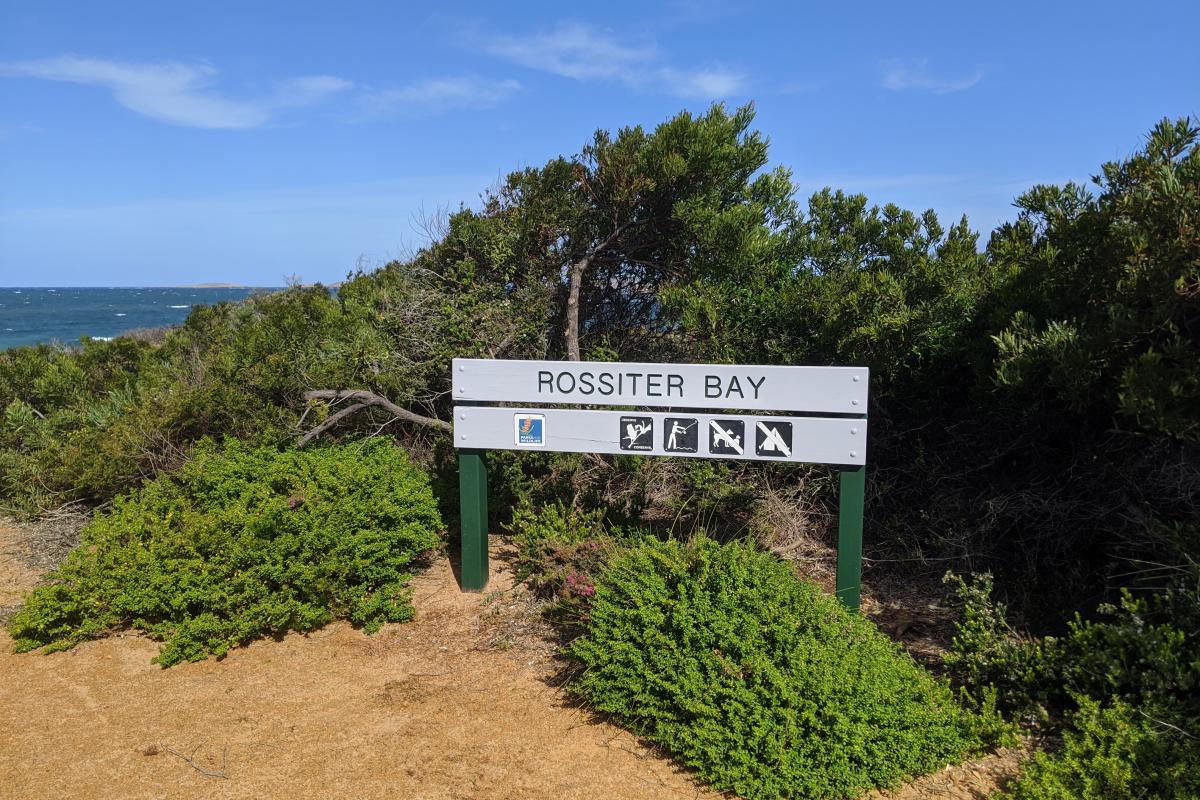
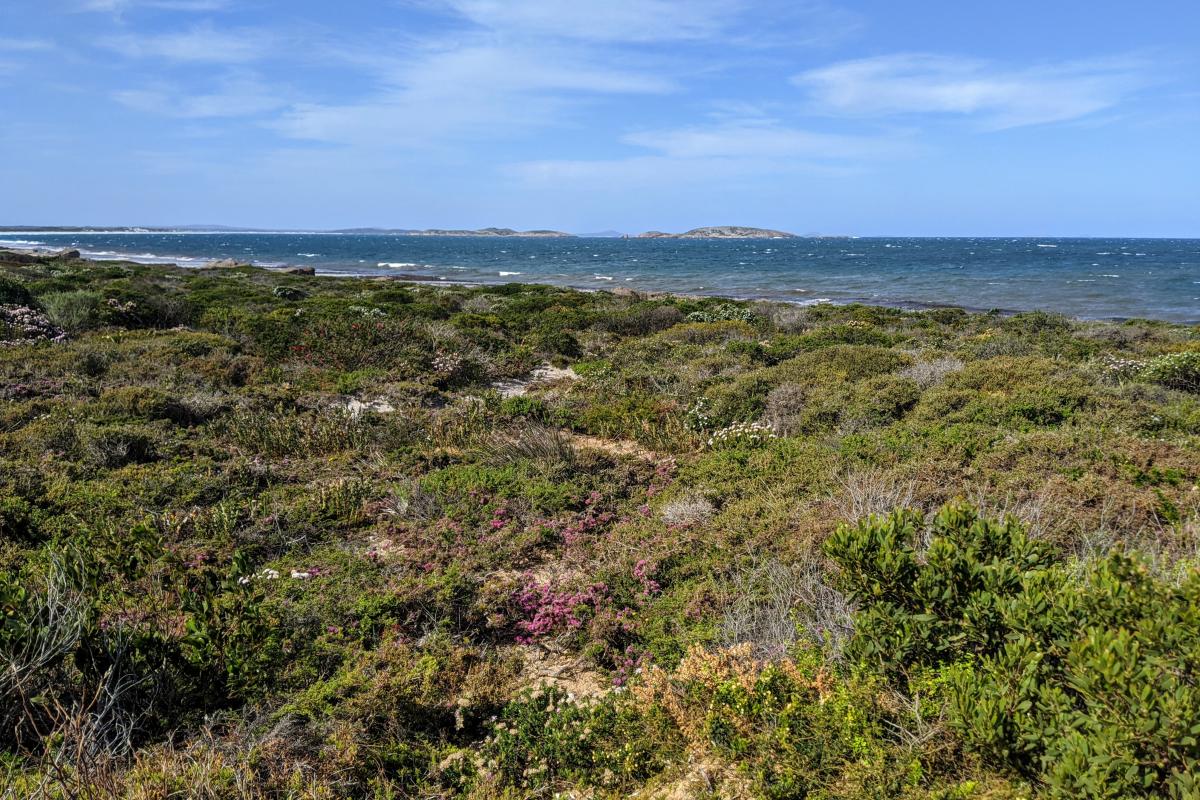
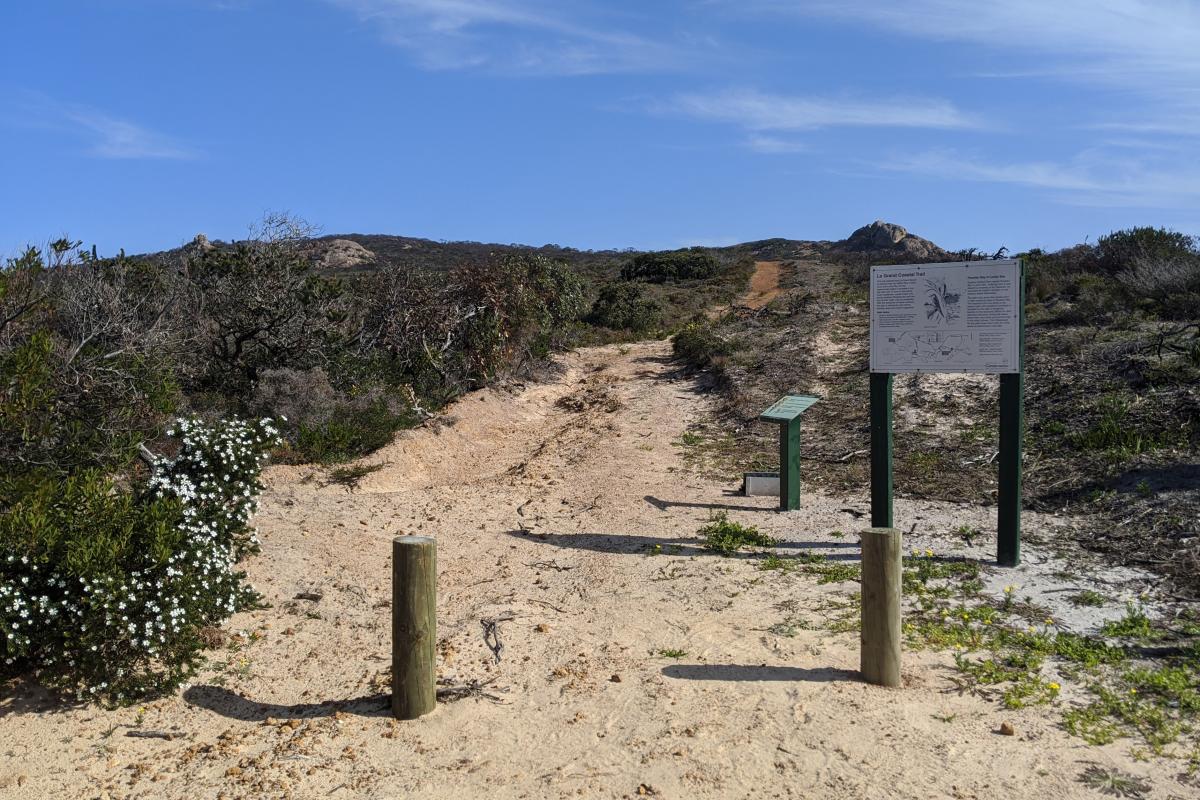
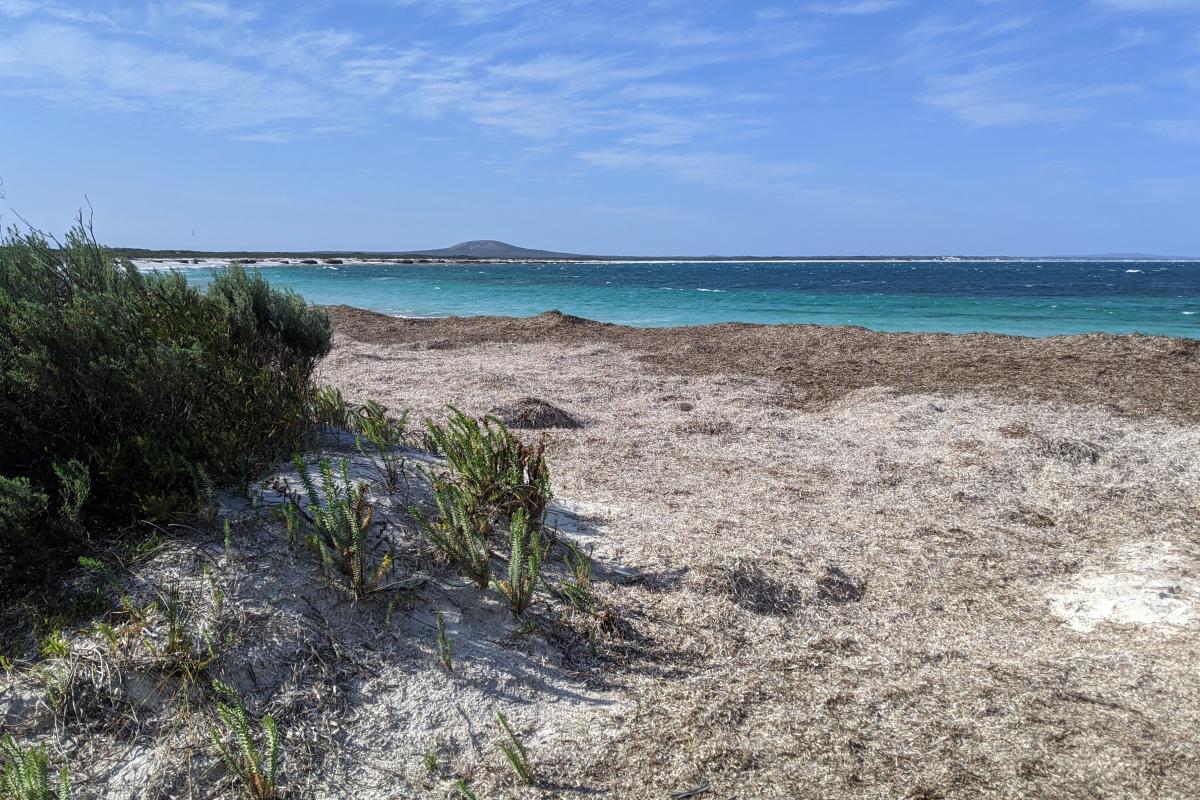
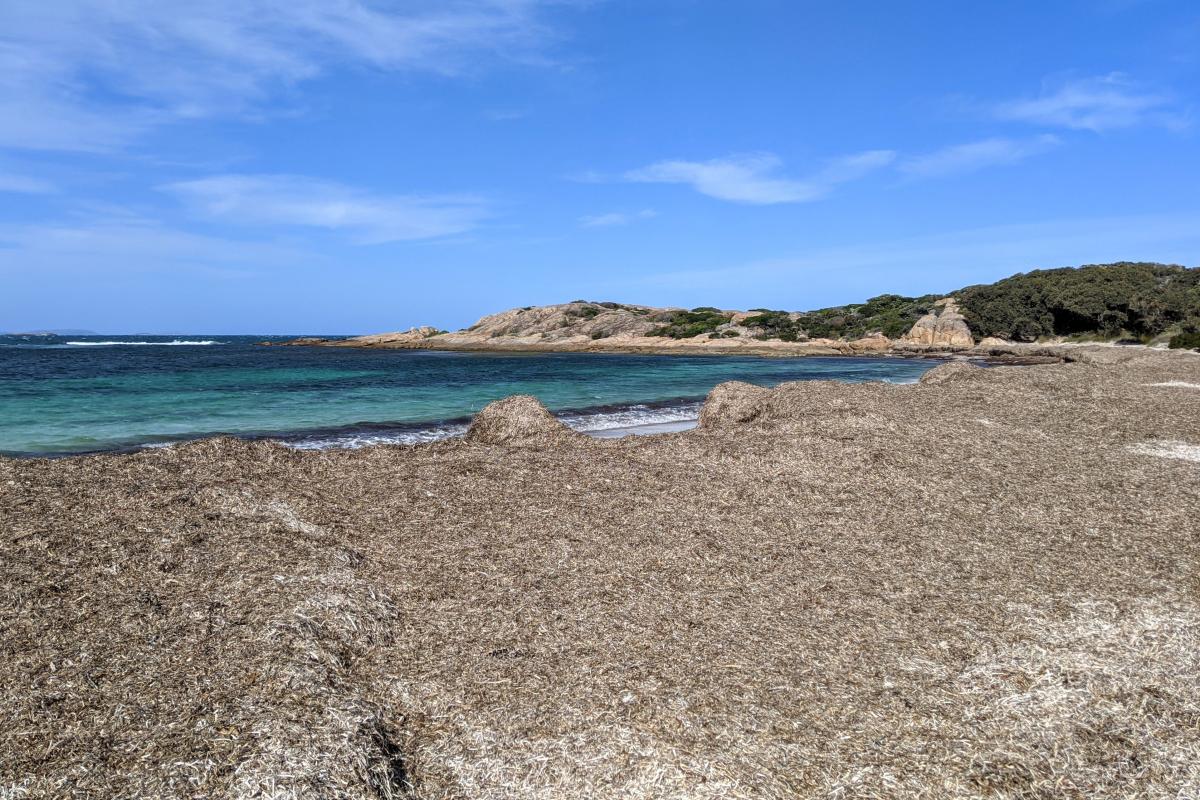
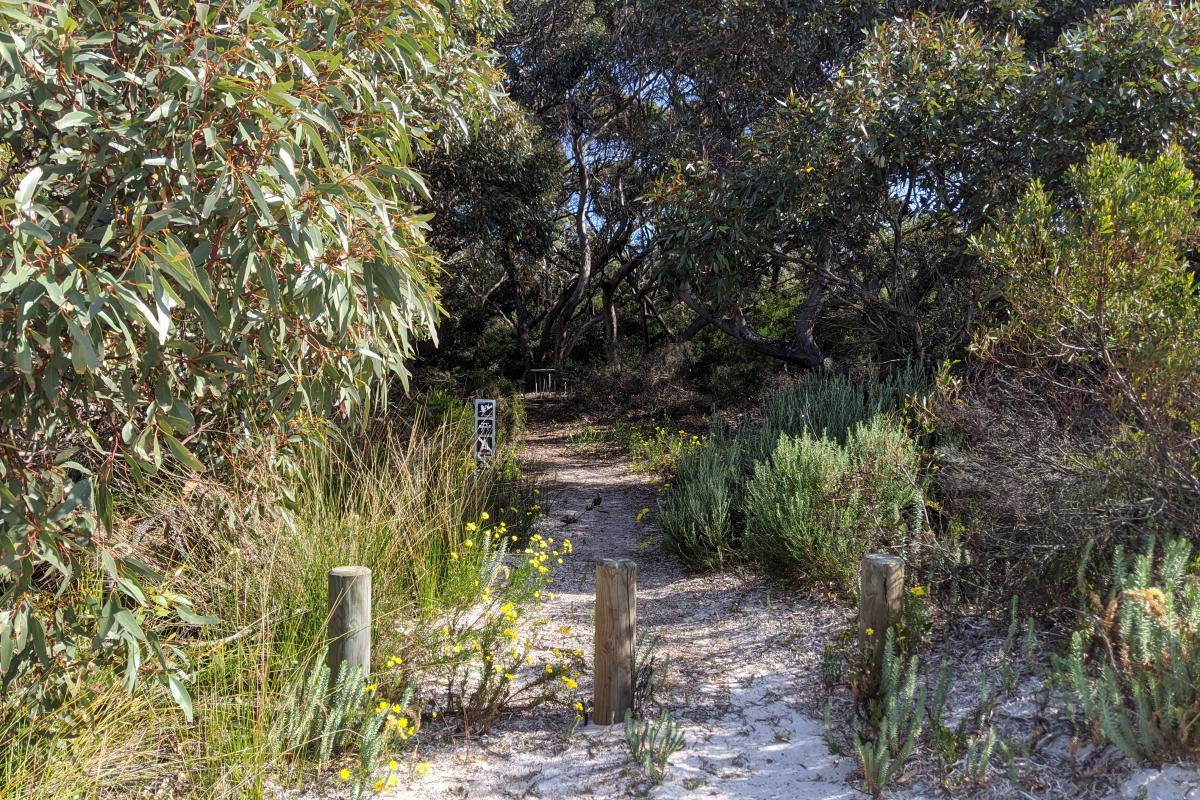
Make the Esperance Promise
While travelling in and around Esperance, make a promise to embrace the elements of this land and ensure your visit is sustainable and respectful. Make the Esperance Promise.
Please note, campfires are not permitted at any of the campgrounds in national parks.
Facilities
Picnic table
Activities
 Bird watching
Bird watching
 Bushwalking
Bushwalking
 Fishing
Fishing
 Scuba diving
Scuba diving
 Swimming
Swimming
Plants, wildlife and fungi
Visit the Atlas of Living Australia for a list of species recorded within a 5km radius of Rossiter Bay.
Traditional Owners
We recognise and acknowledge Wudjari people as the Traditional Owners of Cape Le Grand National Park.